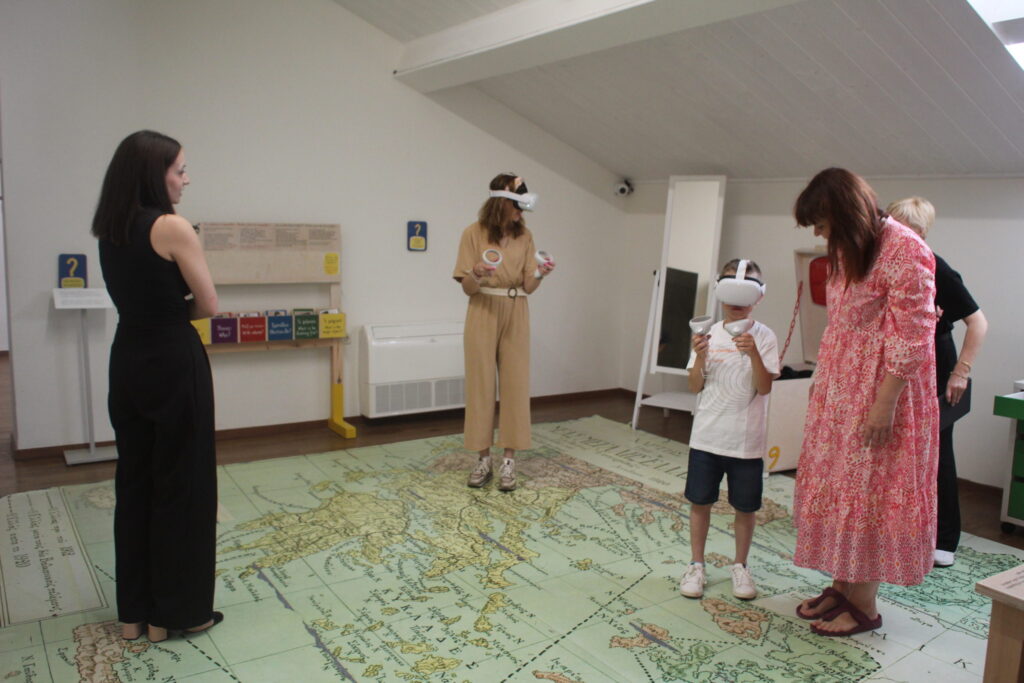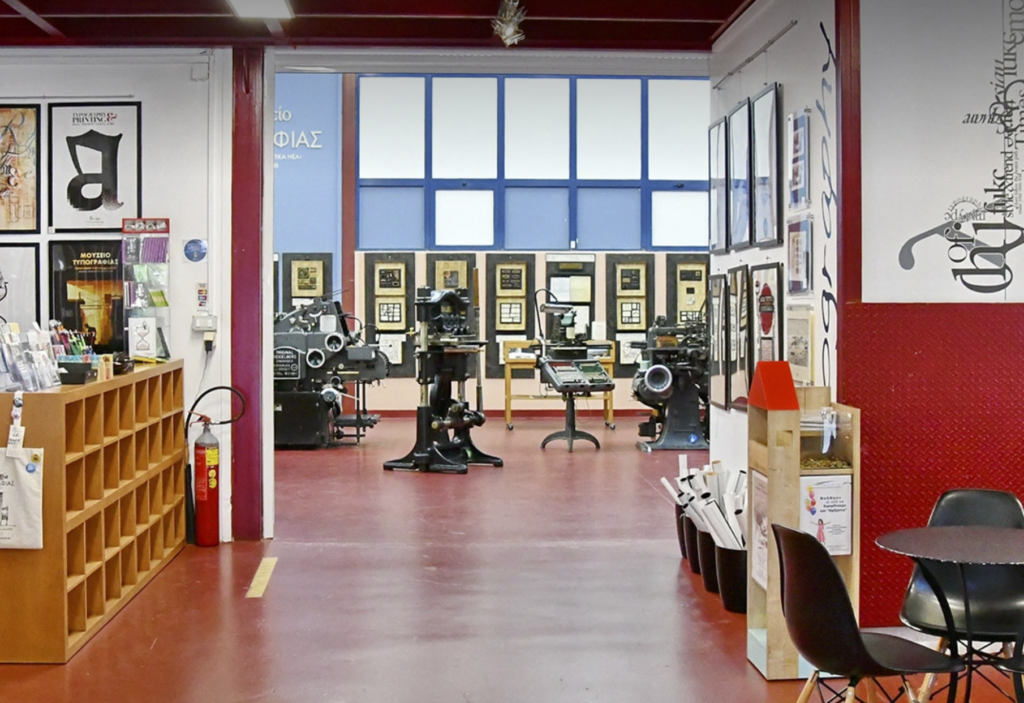In the context of the Athens Epidaurus Festival, the National Opera completed the highly successful 2023/24 artistic season with the famous “Traviata” on Giuseppe Verdi which will be performed at the Herodos Atticus Conservatory on July 27, 28, 30 and 31. The ill-fated love of “Lady with the Camellias” for Alfredo Germont, inspired and set by Verdi’s music through melodies of extraordinary power, written indelibly in the mind and heart, brought to life again with music directed by Pier Giorgio Morandi and directed by Constantinos Rigos.
With Vasiliki Karagianniswe are happy to talk.
Tell us about Violetta, Giuseppe Verdi’s passionate heroine.
“Violet Valéry is Marie Duplessis in Alexandre Dumas’ novel The Lady with the Camellias.” A real person that maybe this love story of his, written a year after his death, is a personal experience of Dumas himself, ie the author, with him! A courtesan, then, who comes from a rich family and still follows this profession. Young, beautiful, weak, full of love for life but unfortunately suffering from tuberculosis; She is a passionate young woman who, however, lives this intense life out of necessity, as emotionally detached as possible. He unexpectedly learned about true love, which is not acceptable in society. And so he was called to sacrifice him; And despite meeting his lover again, it is too late, “e tardi!…”, as his character says before his last aria “addio del passato”, and, finally, brought he is in death”.
Is it a role you love? Are there elements of the protagonist that you recognize?
“Violetta is a role that I not only love, but I see it as a great challenge vocally and interpretatively; especially, in translation! The role of Violetta is especially demanding. It is no coincidence that those who know music, and especially in opera, claiming that to interpret this role properly, at least two different types of soprano are needed! In the first act, lyric soprano coloratura is needed young woman leading a rough life, with the dances of that time. So it takes a bright voice full of flexibility and comfort in the high notes. From the second act, however, the the drama of the hero begins; and the soprano is called to have a darker color in his voice, to correctly interpret the drama that the hero is alive, but at the same time there are elements and colors of the weak, as it should be dedicated, and clearly visible, and the deterioration of his health! In fact, it was performed by a lyrical dramatic soprano. The scene where her lover’s father meets her and asks her to leave his son is very dramatic and the emotional expressions of the role are so intense that something continues until the end of the play, where the hero died. What a challenge for a soprano! (…)
What I admire about Violetta from the beginning to the end of the play is her strength and her love; The only period of his life that was indifferently allowed to live freely, was the two months in the country with Alfredo and when his father asked him to leave him in full consciousness he said: “I expect in this … I fell happily; … “(…)
One thing I can’t agree with him, though, is the sacrifice that made him give her up, but I think he did it because he knew he was going to die, so maybe he thought, “Let it go the least bad thing to happen to the Germont family.” I don’t know, that is, if he would have sacrificed if he had been healthy…” (…)
Do you want to tell him a few words about the governing universe of “La Traviata” by Konstantinos Rigos?
“The directorial approach of Constantinos Rigos in “La Traviata” gives a high level result. With a modern direction and a very creative scene, but with a lot of classical elements, a A beautiful marriage is created that I think will satisfy even the most difficult audience. Ioanna Tsami’s costumes are so beautiful, it looks like a fairytale. And, as expected, the public will also enjoy the ELS ballet in amazing choreographies! (…)”.
What advice would you give to a young audience watching opera for the first time? Why choose “Traviata”?
“I would advise him not to worry too much about what project he will attend. While I consider 99% of opera works to be masterpieces in themselves! What I tell him to look at are the performers and, in general, the actors including the director and set designer. In our time, I think that the opera, in terms of management and scenery, will go through a great test. And I don’t mean modern in general, nor am I saying I’m against modern uploading. I am against those who, with their own directorial version, distort the work itself and give a false image of works that are known, gradually developed in the interpretation of great artists, survived and loved for decades; !
Therefore, the new listener, who sees a classical work completely changed, will be misled, misinformed, and therefore will make a wrong impression about the work itself. So he risks dismissing it as misinformation. I emphasize that I am not against modern productions if they respect the composer, the premise, the artists and, above all, the audience! In fact, our “La Traviata” in the Herodion of Constantinos Rigos is fundamentally modern. But he had absolute respect for Verdi’s libretto and music.
Verdi’s “La Traviata” is a romantic story that, however, is based on true events. I think the modern man hides a romantic inside him. (…) Then the wonderful music of Verdi is completely figurative and real (…) we must not forget the well-known melodies that come from this work. A typical example is “Brindisi” in the first act!
Another serious reason to watch “La Traviata” is that it strongly touches on a very large social issue, which I see as extremely biased in interpersonal and romantic relationships, and not only . (…)”.
You starred, again and again, in National Opera productions. On July 1, the impressive program of the new season was announced, where we will see you starring in iconic roles. What are your hopes for the new year?
“I feel that ELS is my artistic home. (…) next season, among my other performances, I will repeat three of my favorite roles: Violetta in “La Traviata” – this time in Thessaloniki in the production of ELLS directed by Nikos Petropoulos, Mimi in “Bohemian” Christmas – which I recently sang for the first time and loved, but also a unique and very favorite role of mine, that of Lucia di Lammermoor in the amazing ELLS co-production at London’s Royal Opera House! I can’t

